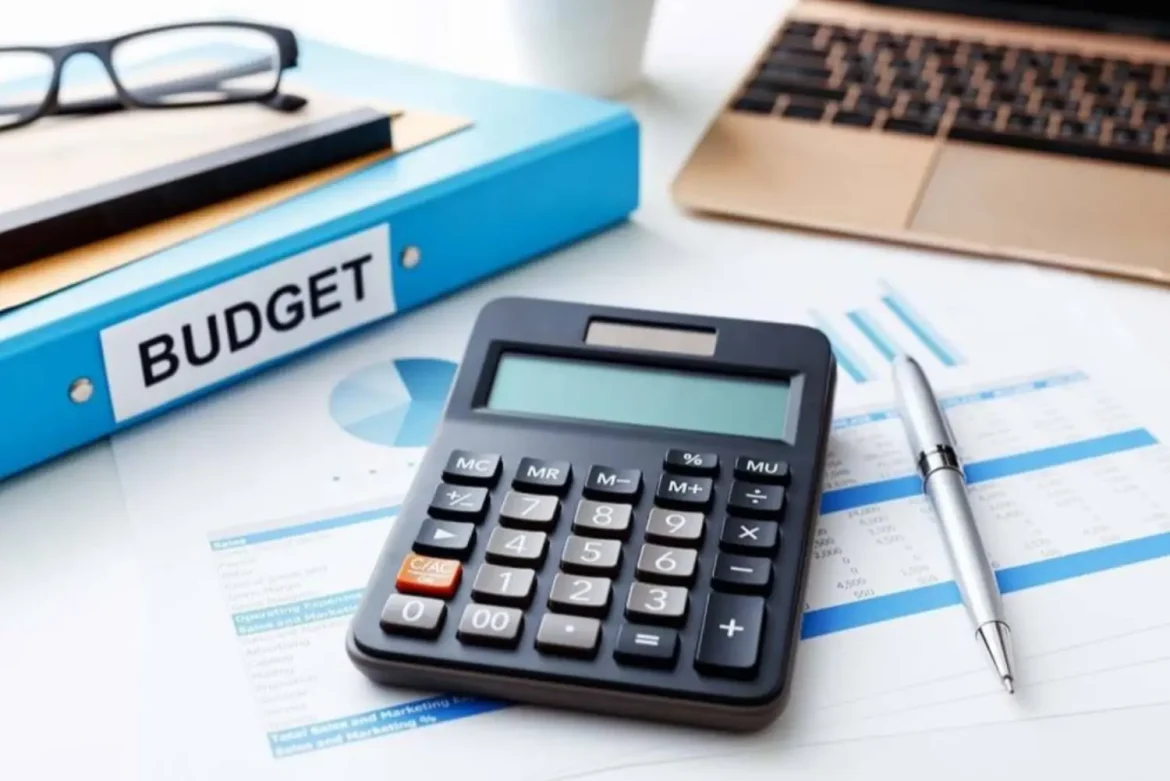The release of the federal budget has ignited heated political debate in Australia, as the government seeks to balance cost-of-living relief with long-term fiscal sustainability. Rising inflation and housing pressures have left many households struggling, placing economic management at the centre of political discourse. The Albanese government has unveiled a range of measures designed to ease financial burdens, including targeted subsidies for energy bills, increases in welfare payments, and investment in affordable housing projects.
Advertisement
Treasurer Jim Chalmers described the budget as a “responsible” response to current economic challenges, arguing that it provides necessary relief without fuelling inflation further. According to the government, key measures include one-off payments for pensioners, tax incentives for small businesses investing in energy efficiency, and expanded funding for Medicare services. Ministers have emphasised that the package is carefully calibrated to provide support while maintaining fiscal discipline.
The opposition has criticised the budget as inadequate, with Liberal Party leaders claiming that the measures fall short of addressing the scale of the cost-of-living crisis. Shadow Treasurer Angus Taylor has argued that while short-term relief may help, the budget does not do enough to encourage productivity and long-term economic growth. Opposition figures have also raised concerns about rising government debt, suggesting that future generations could bear the cost of today’s spending decisions.

